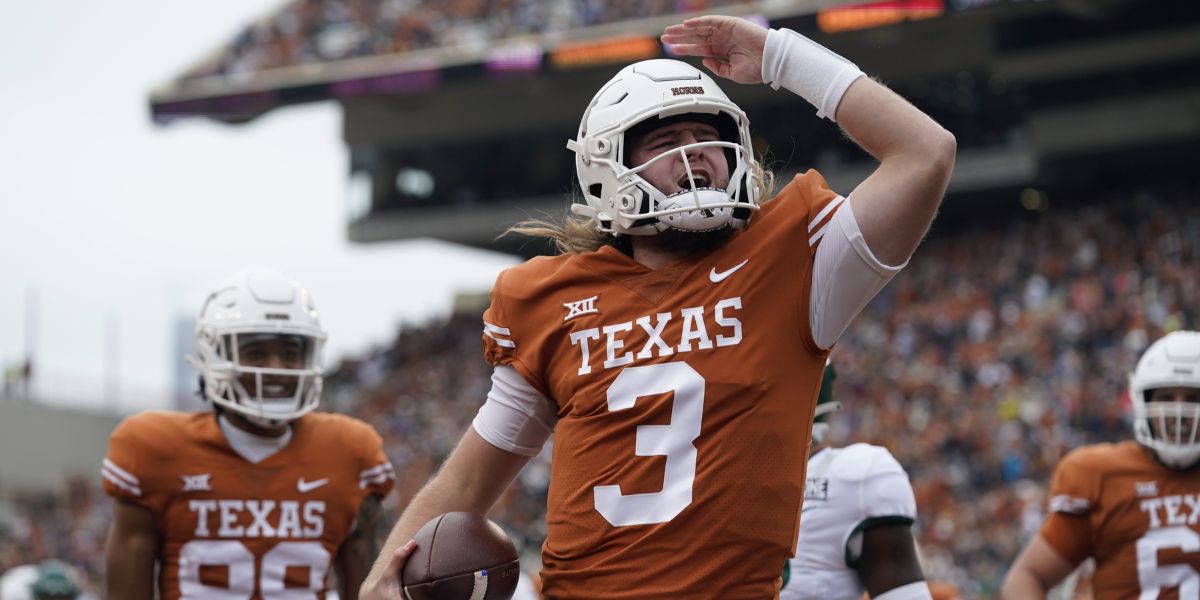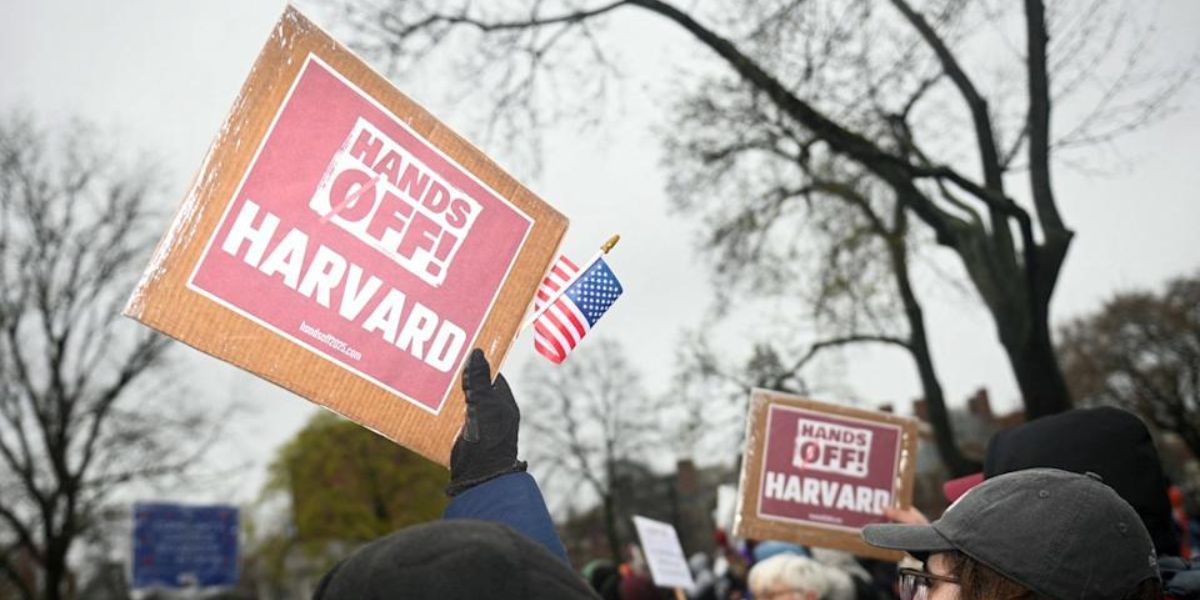For the first time, Texas colleges may soon be able to pay student athletes directly.
A bill that would permit colleges to directly engage into “name, image, and likeness” deals with athletes was unanimously approved by the Senate on Tuesday. Only external organizations, such as national advertising or sports supporters, are now able to do so.
Later, Lt. Gov. Dan Patrick joked, “The Senate saved college sports in Texas.”
Due to senators’ complaints that they had not received a thorough briefing on the matter, the Senate’s scheduled consideration of House Bill 126 was postponed until Sunday.
Some then got on the phone with college coaches throughout the state, who stressed that they needed the law in order to properly recruit top players and distribute millions of dollars as part of a court settlement that is anticipated to be concluded in the fall.
“Had they only informed everyone in the Senate a few weeks ago what was happening, we would have passed it the first time,” Patrick stated, “but everyone’s kind of learned their lesson. It’s good to talk to senators when you want their vote … here’s to winning in Texas.”
After hearing concerns from his Democratic colleagues that younger athletes would be exploited, Sen. Brandon Creighton, a Republican from Conroe who is sponsoring the proposal in the upper chamber, decided on Tuesday to restrict the deal-making to athletes who are 17 years of age or older.
The institution would not pay the student-athletes until they were enrolled and actively involved in their program.
“I hope this amendment addresses some of the primary concerns that we talked about two nights ago and ensures that the guardrails are there for a level playing field for our young athletes,” Creighton stated.
According to Creighton, who wrote Texas’ current NIL rule, student athletes would still not be allowed to sign contracts with businesses that are sexually suggestive or with enterprises that provide alcohol or tobacco products. Additionally, they would still need to complete a course on financial literacy.
Following multiple high-profile lawsuits challenging the National Collegiate Athletic Association’s (NCAA) compensation regulations, the proposition was made.
In order to resolve one of these cases, the NCAA agreed to reimburse athletes who had played Division I sports since 2016 $2.8 billion last year.
The Texas Tech and Texas A&M University systems have openly urged state lawmakers to take action since the NCAA is poised to amend its regulations soon and a court is expected to accept the deal.
They claim that Texas talent will move to other states if this bill is not passed.
It is anticipated that the NCAA would set a $20.5 million annual maximum on the total amount that colleges can pay their athletes.
Smaller institutions can strategically invest below the cap to recruit for their sports programs, Creighton stated earlier this month at a Senate education committee.
In order to prevent courts from ordering schools to pay even more or treat its players like workers, he expressed his hope that a federal law on the subject would be passed.
Read Also: DOJ Investigates California Over Law Permitting Trans Athletes in Girls’ Sports
Democratic Senators José Menéndez of San Antonio and Royce West of Houston prioritized the welfare of the pupils over that of the schools.
West questioned whether colleges were telling their former players that they might get a share of the billion-dollar settlement. It was, according to the Texas A&M University System.
Menéndez noted that while less than 2% of student athletes pursue professional careers, Division I universities earn billions of dollars annually from these sports.
“Why should these athletes not be able to share some of the gain or the resources that their families could desperately need?” he stated.
The bill will now travel to the governor’s desk to be signed into law after the House on Thursday passed the Senate’s amendments by a vote of 110 to 25. It will go into effect on September 1st if it is signed.



